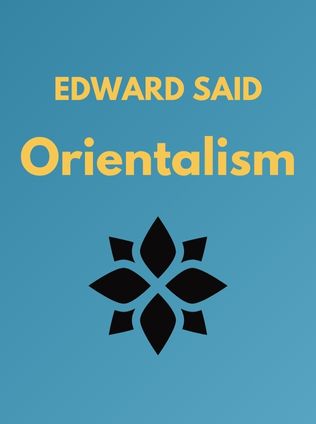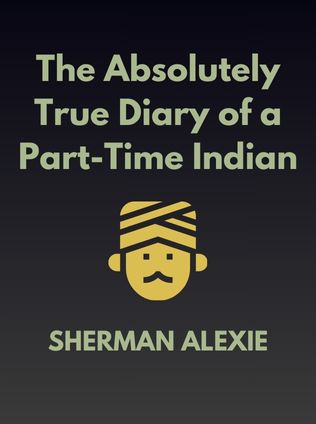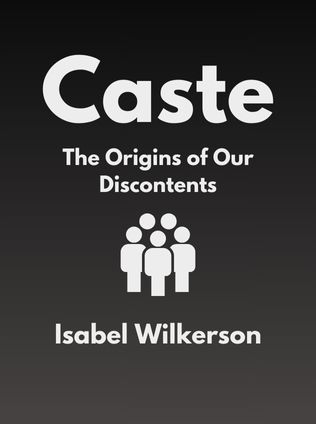
About the Author
Edward Said, the author of Orientalism, was a literary theorist, cultural critic, and one of the most prominent intellectuals of the 20th century. Born in Jerusalem in 1935 and educated in Cairo and the United States, Said became a professor of literature at Columbia University, where he spent most of his academic career. His work spans several disciplines, including literature, cultural studies, and political theory, and his writings have had a profound influence on postcolonial studies.
In Orientalism, first published in 1978, Said critically examines the Western study of Eastern cultures, particularly in the context of imperialism and colonialism. The book is a cornerstone of postcolonial theory, challenging the established narratives of the West's understanding of the "Orient." Said's argument is built on the idea that Western scholarship and discourse on the East are not objective truths but rather a reflection of power dynamics and cultural hegemony.
Main Idea
Orientalism explores the ways in which the West has historically constructed a distorted image of the "Orient," encompassing regions like the Middle East, North Africa, and Asia. This image, Said argues, is rooted in a tradition of prejudice, a legacy of imperialism, and a desire for domination. The concept of "Orientalism" itself refers to the framework through which Western writers, policymakers, and the public have perceived and defined the Eastern world as fundamentally different, exotic, dangerous, unchanging, and inferior.
At its core, Orientalism is a critique of how knowledge is constructed and used as a tool of power. Said demonstrates that the "Orient" as understood by the West is not a geographical or cultural reality but an artificial construct that serves the West's interests. The book delves into how this construct has been perpetuated through literature, art, and academia, ultimately reinforcing a power imbalance that justifies Western domination over Eastern societies.
Table of Contents
- The Concept of Orientalism
- The Roots of Orientalism
- The Power of Knowledge
- The Myth of the Oriental Mind
- The Passive Orient
- The Problem of Textualism
- The White Man’s Burden
- Orientalism in the Modern Age
The Concept of Orientalism
Said's analysis begins by defining Orientalism as a way of thinking and writing that has constructed an artificial image of the East as "other" and fundamentally different from the West. This concept, he explains, is not just an abstract idea but a practical tool of domination. The Western world, particularly during the colonial era, used Orientalism to justify its imperial ambitions by portraying the East as backward, irrational, and in need of Western guidance and control.
Through Orientalism, the West created a dichotomy between itself and the East, where the West was seen as dynamic, progressive, and rational, while the East was depicted as static, backward, and mystical. This binary opposition was not based on objective observation but on deeply ingrained prejudices and a desire to control. Said notes that Orientalism allowed the West to "construct a reality that served its interests," a reality in which the East was always inferior and in need of Western intervention.
The Power of Knowledge
Central to Said's argument is the idea that knowledge is not neutral or objective but is intertwined with power. The production of knowledge about the East, through disciplines like philology, anthropology, and history, was a way for the West to exert control. Orientalists, the scholars who studied the East, were not merely observers but active participants in the creation of a distorted image of the Orient. Said argues that "knowledge is always related to power," and in the case of Orientalism, it was used to maintain Western dominance over the East.
Sign up for FREE and get access to 1,400+ books summaries.
You May Also Like
Freakonomics
A Rogue Economist Explores the Hidden Side of Everything
By Steven D. Levitt and Stephen J. DubnerI Am Malala
The Story of the Girl Who Stood Up for Education and Was Shot by the Taliban
By Malala Yousafzai



















